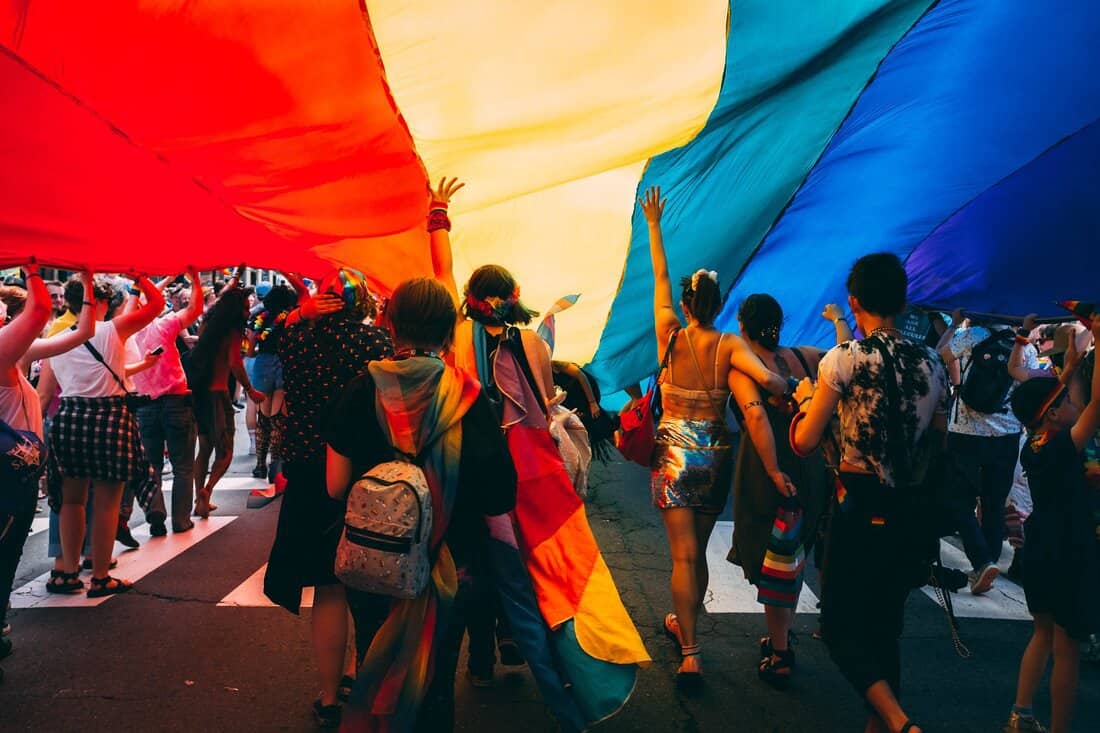


Two clear lessons stand out from the intense public pushback that Boise Pride Festival organizers have recently experienced for their attempted drag show for kids as young as 11.
The first lesson is that even businesses and individuals who are solidly in support of the LGBTQ+ community will draw the line when minor or underage children are involved. A number of sponsors, including Zions Bank, Idaho Power, the Idaho Department of Health and Welfare, and Idaho Central Credit Union all politely withdrew their sponsorships over the matter.
The second lesson is that hell hath no fury like an activist who has successfully reached the limits of what the public is willing to tolerate. The organizers’ reactions to being called out for including children in hyper-sexualized public events have been epic.
Pride festival organizers and participants have loudly blamed the Idaho GOP and what they call far-right influences for creating controversy over the proposed drag show. Activists played the victim card and claimed that the event was being postponed out of concern for the safety of the participants and attendees.
The implication here is that any opposition to their agenda equals violence against the LGBTQ+ community.
This message was echoed by most legacy media outlets which chose to focus only on the public’s negative reaction to the juvenile drag show rather than to question the wisdom of scheduling such a provocative event in the first place.
Festival organizers would be wise to consider that many of those who may not agree with their views regarding sexual morality have no desire to boss others around. As far as we’re concerned, what you do in private is your business, not ours.
However, when children are brought into the mix, parents can and should be expected to speak up regarding what is appropriate for their kids and what isn’t.
Whether the matter at hand involves sexually graphic library books or drag kid events at the local pride festival, parents have a duty to speak up and enforce proper limits for their own children.
In today’s “Lord of the Flies” culture, any calls for restraint and self control are seen as intolerant and repressive. But the boundaries established over many generations of human history weren’t simply the product of religious zealotry.
British Anthropologist J.D. Unwin made some surprising discoveries in his “Sex and Culture” study published in 1934. Unwin studied 86 ancient and modern societies and learned that a society declines once it reaches the point where pleasure-seeking is among its highest priorities. On the other hand, societies that insisted on premarital self-control and strict fidelity within marriage tended to flourish.
Unwin’s data showed an inseparable link between a society’s destiny and its willingness to exercise sexual restraint. He made no religious judgment on his findings, saying, “I offer no opinion about rightness or wrongness.”
The more we choose to indulge our inner hedonist, the less stable our society is. If life is really about pleasure at any cost, it’s much harder to accurately draw the line between what’s appropriate and what is not.
Keep this in mind the next time you’re accused of being hateful for daring to enforce necessary boundaries.


